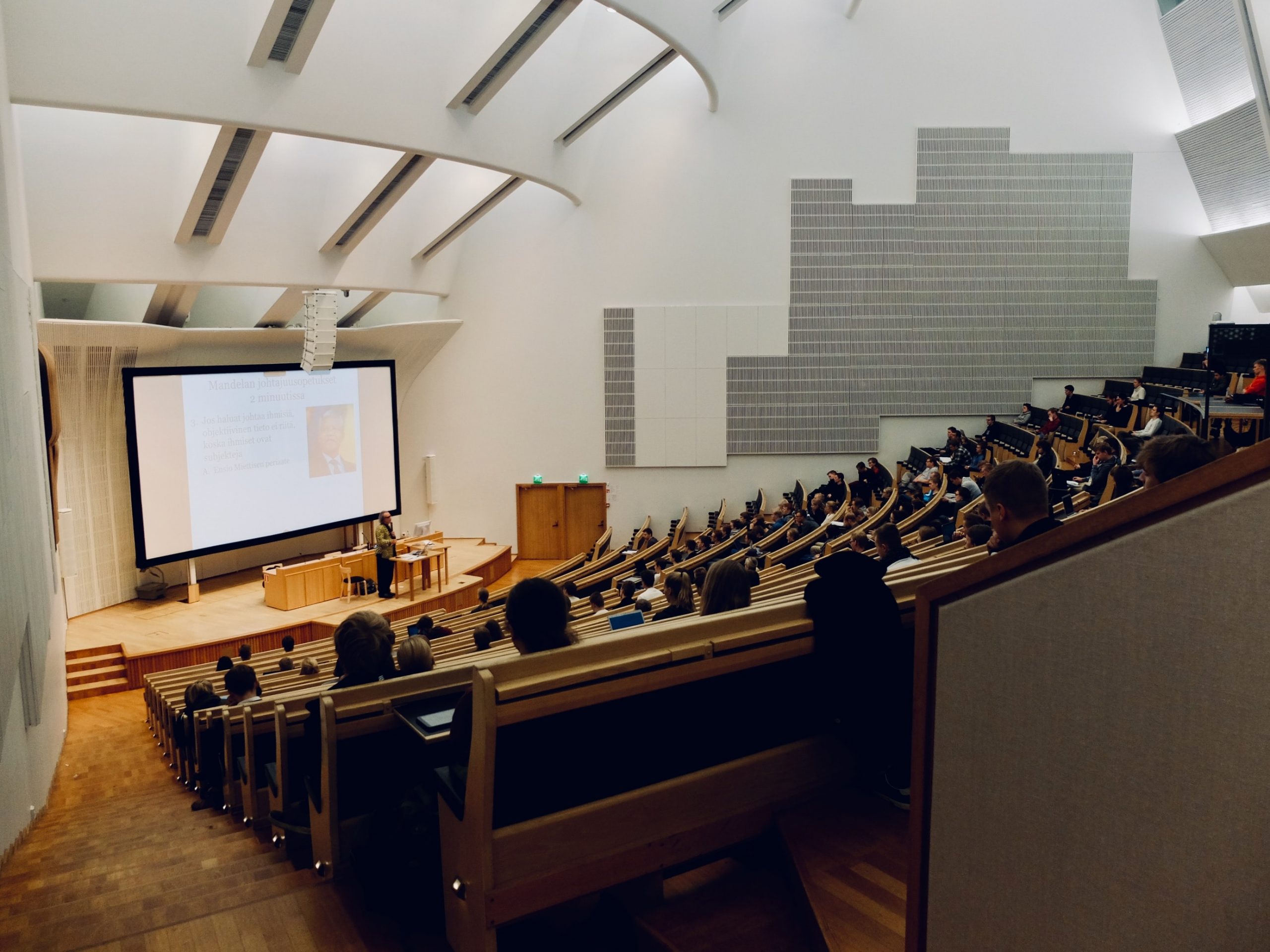
Matt Bush, FISM News
[elfsight_social_share_buttons id=”1″]
Mike Egerton, a college professor at the University of North Carolina Greensboro (UNCG), said that “racism is a symptom of the disease of whiteness.” The discussion occurred during a panel discussion entitled “Common Threads: Attacks on Critical Race Theory: Centering Whiteness” where a group of panelists argued for the merits of Critical Race Theory (CRT) during a Zoom discussion.
A tweet from “Mythinformed MKE” received multiple shares and views, but when Brian Kilmeade retweeted it, the quote gained national attention. Kilmeade tweeted, “America’s civil rights heroes did not fight and, in many cases, give their lives so we could retreat into a different form of racism.”
"Whiteness is the overarching disease."
America's civil rights heroes did not fight and, in many cases, give their lives so we could retreat into a different form of racism.
Critical race theory is a poison to this country.pic.twitter.com/sL2Ouoz37H
— Brian Kilmeade (@kilmeade) December 22, 2021
During his discussion, Egerton claims that attacks on CRT are based in white supremacy and that there is no reason to oppose CRT other than “whiteness.” He makes this argument while parents of all colors and all across the nation have come together to oppose teaching CRT to children. He makes this argument amidst left wing educators proclaiming that CRT is not taught in schools and conservative leaders banning CRT from the classroom in entire states like Florida and Texas.
Egerton went so far as to say that “whiteness is a disease because it is an attack on the truth.”
Egerton’s position, in theory, assumes that the term “whiteness” describes a social construct rather than a skin color. It is his belief that the social construct of whiteness ascribes more inherent value to lighter-skinned individuals and less value to those with darker skin.
The term “whiteness,” however, is not an innocuous term that can be defined in different ways depending on context. It is a term that is well-defined in any dictionary as describing a color. It is also a term that, culturally and contextually in a discussion on race, means a person who has a light skin color, generally known as Caucasian.
To describe “whiteness” as a social construct rather than the color of a person’s skin is simply an attempt to justify using racist language in an academic setting.
On top of that, Egerton’s specialty within the UNCG School of Health and Human Sciences is “Peace and Conflict Studies.” His bio on the UNCG page describes his doctoral dissertation as, “unlearning patriarchal masculinity and adopting a masculinity that is more feminist, humanistic, and reflective of their belief in the oneness and equality of humanity.”
It is a person with this background that is teaching undergrad students the value of CRT in schools and how “racism is a symptom of the disease of whiteness.”
Using a class in “Peace and Conflict Studies,” Egerton implies that an entire group of people, based on the color of their skin, are evil. He teaches that white people in America inherently believe themselves to be better than another group of people simply because the pigment of their skin is different.
If this is where academia leads, it is clear that something within the system is broken. Someone teaching a group of undergrads the subject of “Peace and Conflict Studies,” especially in our world, should be able to talk about racism without promoting it. Racism still exists all over the world, but pitting two races against each other will do nothing more than compound the problem rather than help to eliminate it.
